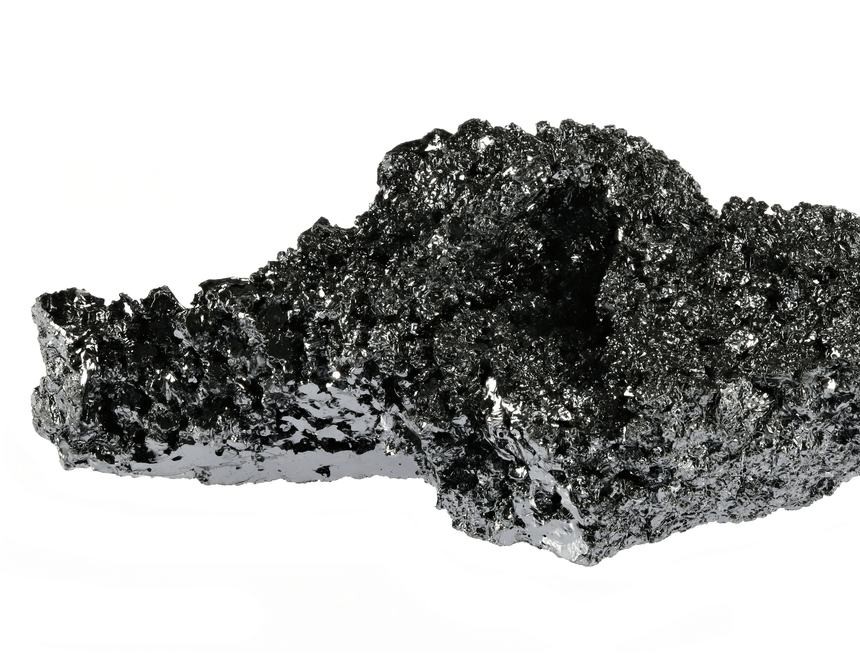- +033 2572 7171
- info@dhanvantary.com

4.5 Rating | 4500 Review

4.5 Rating | 4500 Review
Boron, like other nutrients, is recognized as an essential element for human health. It contributes to the proper functioning of the body and is crucial for the healthy development of bones. Additionally, boron aids in the metabolism of minerals and vitamins. Research has indicated that boron may also support optimal brain function. Furthermore, studies suggest that men who consume adequate amounts of boron on a daily basis have a reduced risk of developing prostate cancer.

Boron plays a significant role in preventing elevated uric acid levels in the body. It contributes to the maintenance of healthy bones and joints, thereby aiding in the prevention of osteoporosis. Additionally, it is beneficial in the management of epilepsy. Boron also supports the production of vitamin D and facilitates the absorption of essential minerals such as calcium and magnesium. Furthermore, it enhances mineral absorption through the kidneys and helps regulate calcium levels within the body.
Moreover, boron is crucial for maintaining estrogen levels, which are vital for the proper development of females, as well as testosterone levels in the body. It provides relief from complications associated with congestive heart failure and aids in reducing lipid accumulation, promoting the elimination of cholesterol. This action helps prevent atherosclerosis and protects against stroke and heart attacks. Boron also offers protection against fungal infections, such as Candida Albicans, and enhances cognitive functions, improving concentration.
Boron is a vital nutrient for the human body, and its deficiency can lead to various health issues. A lack of boron can negatively impact brain function, bone metabolism, and the plasma levels of steroid hormones. Complications associated with boron deficiency include impaired reproductive health, loss of bone density (osteoporosis), decreased brain electrical activity, and increased oxidative stress.
Intake of boron exceeding 500 milligrams per day or prolonged consumption may lead to symptoms such as nausea, vomiting, respiratory difficulties, chest or throat congestion, skin rashes, hives, and swelling
Boron is found in significant quantities in various fruits, including oranges, apples, red grapes, pears, plums, avocados, kiwis, and dates. Additionally, certain vegetables, soybeans, chickpeas, beans, hazelnuts, currants, peanut butter, red kidney beans, potatoes, lentils, olives, onions, and tomatoes also provide substantial amounts of boron.
